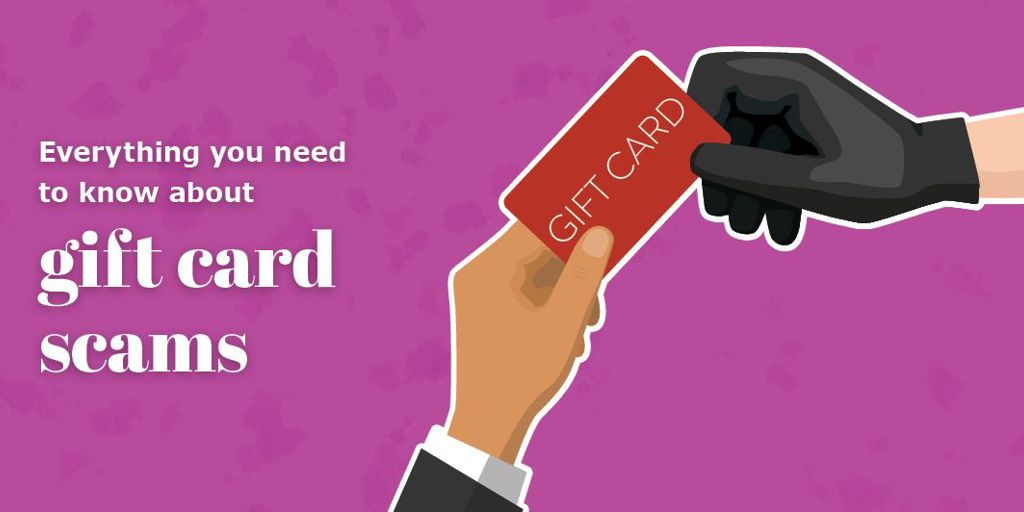Gift card scams have become an increasingly popular tool for fraudsters, targeting unsuspecting individuals worldwide. These scams often involve the impersonation of legitimate entities, exploiting people’s trust and urgency to steal money. This article will explore how these scams operate and offer actionable tips to protect yourself from falling victim.
Understanding Gift Card Scams
Gift card scams are fraudulent schemes where scammers trick victims into purchasing gift cards and sharing the card details, such as the PIN and serial number. These scams often involve impersonation tactics, such as pretending to be government officials, tech support representatives, or even friends and family in need.
How Scammers Execute Gift Card Scams
- Impersonation: Fraudsters pretend to represent trusted organizations, such as:
- IRS or other tax authorities claiming unpaid taxes.
- Tech support alleging computer issues.
- Employers requesting urgent payments via gift cards.
- Family members or friends in financial distress.
- Creating a Sense of Urgency: Victims are pressured to act immediately, leaving little time to think or verify.
- Request for Gift Cards: Scammers instruct victims to buy specific gift cards from popular retailers and share the codes over phone, email, or text.
- Redeeming the Gift Card: Once the scammer has the codes, they quickly redeem or resell the cards, making the funds unrecoverable.
Common Signs of Gift Card Scams
- Unsolicited requests for gift cards.
- Messages or calls from unfamiliar or spoofed numbers.
- Requests to share gift card details via email, text, or phone.
- Claims of winning prizes or lotteries that require gift card payments.
- Pressure to act immediately.
Measures to Avoid Gift Card Scams
- Stay Informed:
- Understand that no legitimate organization will ask for payment via gift cards.
- Be aware of common scams and how they operate.
- Verify Requests:
- Contact the organization or individual directly through official channels to confirm the legitimacy of the request.
- Avoid using contact information provided in suspicious messages.
- Be Cautious of Urgency:
- Scammers often create a sense of panic. Take a moment to think and consult with someone you trust.
- Inspect Communications:
- Check for poor grammar, generic greetings, or inconsistencies in emails or messages.
- Be skeptical of requests that seem out of character for the sender.
- Do Not Share Gift Card Details:
- Keep gift card codes private and never send them over digital or verbal communication.
- Use Secure Payment Methods:
- For online transactions, rely on secure payment gateways instead of gift cards.
- Report Suspicious Activities:
- Notify the retailer immediately if you suspect a scam.
- Report incidents to local authorities and anti-fraud organizations.
- Inform family and friends about potential scams to raise awareness.
What to Do if You’ve Been Scammed
- Contact the Retailer:
- Some retailers may be able to freeze the gift card if it hasn’t been used.
- File a Complaint:
- Report the scam to the Federal Trade Commission (FTC) or equivalent authorities in your country.
- Use platforms like eXposingScam to verify the legitimacy of online vendors.
- Warn Others:
- Share your experience to prevent others from falling for similar scams.
Conclusion
Gift card scams are a growing menace, but with the right knowledge and vigilance, you can protect yourself. Always be skeptical of unsolicited requests for gift cards, verify communications, and report suspicious activities promptly. By spreading awareness, we can collectively reduce the impact of these scams and safeguard our communities from fraudsters.
Keywords: gift card scams, avoid scams, online fraud prevention, how to report gift card scams, scam awareness, online safety tips, protect yourself from scams, gift card fraud, scam detection, scam prevention tips.














